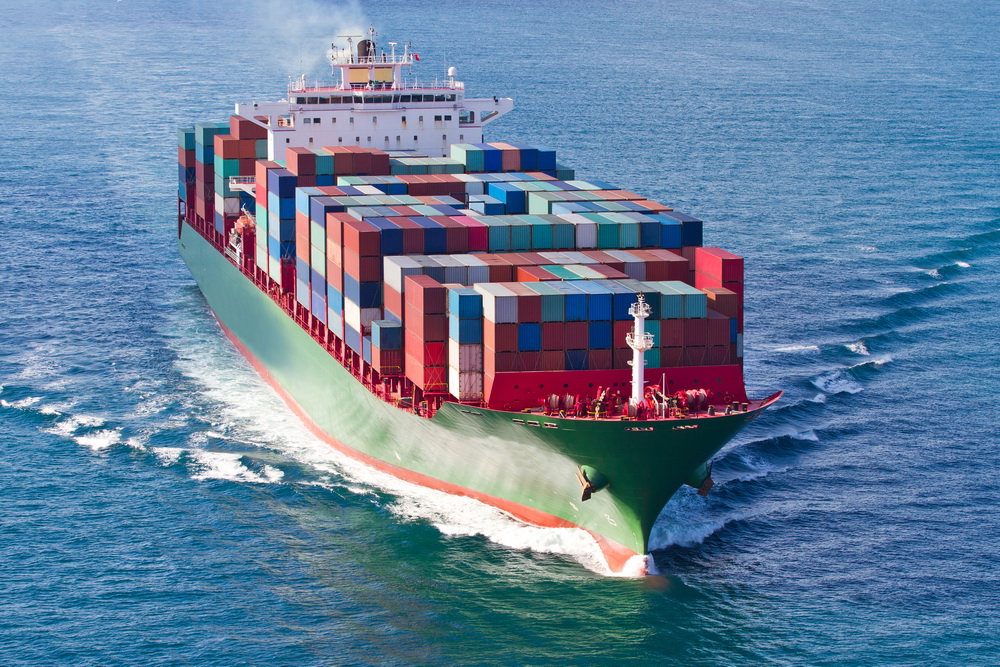
The International Trade Committee's has said the Government must act quickly to bolster confidence and put the UK in the best position to forge new trading relationships after 2019.
The Committee's first report identifies central issues for the Government to resolve as it prepares to trigger Brexit negotiations.
Committee Chair Angus MacNeil commented: "The Government is about to embark on a process that will transform our trading relationships in Europe and across the globe. They must set out their vision for UK trade after Brexit—and provide reassurance that contingency plans will be in place for the eventuality that we don't get an agreement with the EU.
"We are entering uncharted waters. The trading relationship we have had with Europe for almost 50 years will be transformed. World trade is often in a state of change, for example from 1948 to 1973 UK-Commonwealth trade fell from 38% to 18% of both parties' total trade; that trading network was in decline long before the UK joined the EU.
"The National Farmers Union foresee a possible fall in farm incomes of €17,000 a year, if combined with the full abolition of direct support."
European Free Trade Association
The Committee has called on the Government to publish a White Paper about the possibility of the UK re-joining the European Free Trade Association (EFTA).
This is a group of countries outside the EU to which the UK belonged before it became a member of the EU’s predecessor in 1973. EFTA has 27 Free Trade Agreements, covering 38 countries, which the UK might stand to benefit from if it were to re-join the Association.
The Government says that "no deal for the UK is better than a bad deal for the UK".
This means that, if the Government doesn't get the agreement it wants from the EU, the UK will default to trading with the remaining EU members under World Trade Organization (WTO) rules at the point of Brexit in 2019.
The Committee points out that this will mean certain industries, such as agriculture, face steep tariffs and many goods exporters facing non-tariff barriers.
The Committee urges the Government to set out as clearly as possible the likely consequences of this scenario—and to ensure it makes contingency plans for that eventuality.
'Potentially devastating'
Rural organisation the CLA said without the right Free Trade Agreement with the EU there will be 'potentially devastating' implications for the rural economy.
CLA President Ross Murray said: “We welcome the report’s focus on the importance of the agrifood sector.
“The Committee is right to highlight the downturn in farming if the Government gets the post-Brexit trade deal wrong. Agriculture must be seen as one of the UK’s priorities when entering into trade negotiations. Without the right Free Trade Agreement with the EU in place there will be potentially devastating implications for the rural economy.
“We look forward to working with the Committee and the Government to ensure a positive outcome for agriculture in the future trading relationship the UK has with the EU.”
